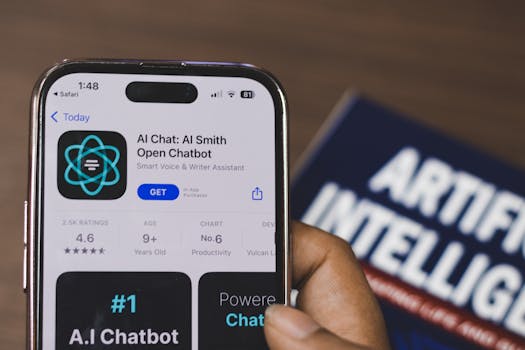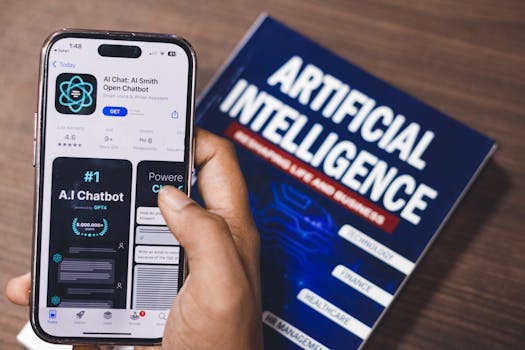
Emerging Trends in Artificial Intelligence and Machine Learning: What to Expect in 2024
Takeaways: The landscape of artificial intelligence (AI) and machine learning (ML) is rapidly evolving. Key trends for 2024 include enhanced automation, advancements in natural language processing, ethical AI development, and the growing influence of generative models. Understanding these trends can help businesses and individuals prepare for the future.
As we move into 2024, the fields of artificial intelligence and machine learning are experiencing significant transformations. These technologies are no longer just a part of the tech realm; they are becoming integral to various industries, influencing how we work, interact, and make decisions. In this article, we will delve into the emerging trends in AI and ML, highlighting their implications and potential applications.
1. Enhanced Automation and Intelligent Process Automation

In 2024, we can expect to see more organizations adopting IPA to streamline operations, reduce costs, and improve efficiency. For instance, customer service industries will leverage AI-powered chatbots that can understand and respond to queries with human-like accuracy. This shift not only frees up human resources for more complex tasks but also enhances customer satisfaction through faster response times.
Moreover, industries such as healthcare are using AI to automate administrative tasks, allowing healthcare professionals to focus more on patient care. From scheduling appointments to managing patient records, AI is revolutionizing how administrative processes are handled.
The integration of AI in automation also raises questions about workforce displacement. While some jobs may be at risk, new roles will emerge that focus on managing, developing, and improving AI systems. Organizations will need to invest in retraining their workforce to adapt to this technological shift.
2. Advancements in Natural Language Processing (NLP)

One of the most notable trends is the rise of conversational AI. Businesses are deploying advanced AI models that can engage in meaningful conversations with users. This includes not only chatbots but also virtual assistants that can handle complex customer inquiries, provide personalized recommendations, and even conduct transactions.
Furthermore, the use of NLP in content creation is gaining traction. Tools that generate human-like text are becoming popular among marketers, writers, and content creators. This technology can assist in drafting articles, generating reports, and even creating social media posts, thereby saving time and resources.
However, the advancements in NLP also bring ethical concerns. The potential for misinformation and the manipulation of language models raises questions about accountability and transparency in AI-generated content. As we embrace these technologies, it’s crucial to establish guidelines and ethical standards to govern their use.
3. Ethical AI Development and Governance

Ethical AI governance will be a critical trend as companies and governments strive to ensure that AI technologies are used responsibly. This includes developing frameworks for auditing AI systems to detect and mitigate biases that could lead to unfair outcomes in areas such as hiring, lending, and law enforcement.
Moreover, the concept of explainable AI (XAI) is gaining traction. Stakeholders are demanding that AI systems provide clear and understandable explanations for their decisions. This is particularly important in high-stakes applications like healthcare and finance, where understanding the rationale behind AI-driven decisions can impact lives and financial stability.
As AI technologies evolve, the conversation around ethics will continue to expand. Engaging diverse voices in discussions about AI policy will be essential to ensure that the development of these technologies reflects the values and needs of society.
4. The Rise of Generative Models

For instance, AI-generated art is becoming a mainstream phenomenon, with artists using generative algorithms to create unique pieces that challenge traditional notions of creativity. Similarly, in music, AI is being used to compose original scores, offering artists new tools for inspiration.
In software development, generative models are streamlining the coding process by generating code snippets or even entire applications based on user-defined parameters. This not only accelerates development timelines but also democratizes coding by allowing individuals with minimal programming knowledge to create functional software.
Despite the exciting possibilities, the rise of generative models also raises concerns about copyright and ownership. As AI creates content, the question of who holds the rights to that content becomes increasingly complicated. Addressing these legal and ethical challenges will be crucial as generative AI continues to evolve.






